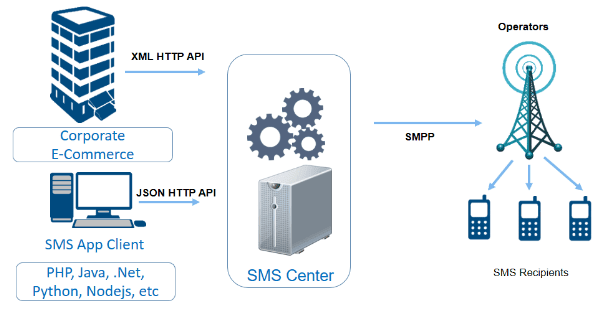Social media optimization (SMO) can be highly beneficial for your website in several ways :
Increased Visibility: SMO helps your website gain visibility on various social media platforms. By sharing your content across platforms, you reach a broader audience beyond your website visitors.
Drive Traffic: When you optimize your website for social media, you encourage users to visit your site by sharing links to your content. This can significantly increase your website traffic, leading to more engagement and potential conversions.
Build Brand Authority: Active presence on social media helps establish your brand as an authority in your industry. By consistently sharing valuable content and engaging with your audience, you build trust and credibility, which can positively impact your website's reputation.
Enhanced SEO: Social signals, such as likes, shares, and comments, can indirectly impact your website's search engine rankings. When your content gets shared and engaged with on social media, it can lead to increased visibility and potentially higher search engine rankings.
Targeted Advertising: Many social media platforms offer advanced targeting options for advertising. By optimizing your social media profiles and leveraging paid advertising, you can reach specific demographics relevant to your business, driving qualified traffic to your website.
Improved Customer Insights: Social media platforms provide valuable insights into your audience's preferences, behaviors, and interests. By analyzing these insights, you can tailor your website content and marketing strategies to better meet the needs of your target audience.
Boost Conversion Rates: Engaging with your audience on social media and directing them to your website can increase the likelihood of conversions. Whether it's signing up for a newsletter, making a purchase, or filling out a contact form, SMO can help drive actions that support your business goals.
Overall, social media optimization can significantly enhance your website's online presence, drive traffic, and improve engagement, ultimately leading to increased brand awareness and growth.
What we do in SEO
On-Page SEO: This involves optimizing individual web pages to rank higher and earn more relevant traffic in search engines. On-page SEO includes factors like keyword optimization, content quality, meta tags, headings, URL structure, and internal linking.
Off-Page SEO: Off-page SEO refers to actions taken outside of your website to impact your rankings within search engine results pages (SERPs). This primarily involves building backlinks from other websites, social media promotion, influencer outreach, and guest blogging.
Technical SEO: Technical SEO focuses on the backend of your website and optimizations that improve the crawling, indexing, and overall visibility in search engines. This includes factors like site speed, mobile-friendliness, schema markup, XML sitemaps, and website architecture.
Content Optimization: Creating high-quality, relevant, and engaging content is crucial for SEO success. Content optimization involves keyword research to identify topics and phrases your audience is searching for, creating comprehensive and valuable content, optimizing meta tags and headings, and incorporating multimedia elements like images and videos.
Keyword Research: Keyword research is the process of identifying the specific words and phrases people use when searching for information online. By targeting relevant keywords with high search volume and low competition, you can attract more organic traffic to your website.
Local SEO: Local SEO is essential for businesses targeting a local audience. It involves optimizing your website and online presence to appear in local search results, such as Google My Business listings, local directories, and location-based keywords.
User Experience (UX) Optimization: Search engines increasingly prioritize websites that provide a positive user experience. UX optimization involves improving site navigation, readability, mobile responsiveness, and overall usability to enhance visitor satisfaction and engagement.
Analytics and Monitoring: Regularly monitoring your website's performance through tools like Google Analytics and Google Search Console is essential for SEO success. Analyzing key metrics such as organic traffic, keyword rankings, backlink profile, and user behavior can help identify areas for improvement and inform your SEO strategy.
Algorithm Updates: Staying informed about search engine algorithm updates, particularly from major search engines like Google, is crucial for adapting your SEO strategy. Understanding algorithm changes and their impact on ranking factors can help you maintain and improve your website's visibility in search results.
Ethical Practices (White Hat SEO): It's important to engage in ethical SEO practices to avoid penalties and maintain long-term success. White hat SEO techniques focus on providing value to users, following search engine guidelines, and building organic, sustainable growth for your website.
By incorporating these SEO strategies into your digital marketing efforts, you can improve your website's visibility, attract more organic traffic, and ultimately achieve your business goals.
Contact Us :
Book free call : 074049 00081
Support@bulksmsplans.com
.png)
.jpg)

Comments
Post a Comment